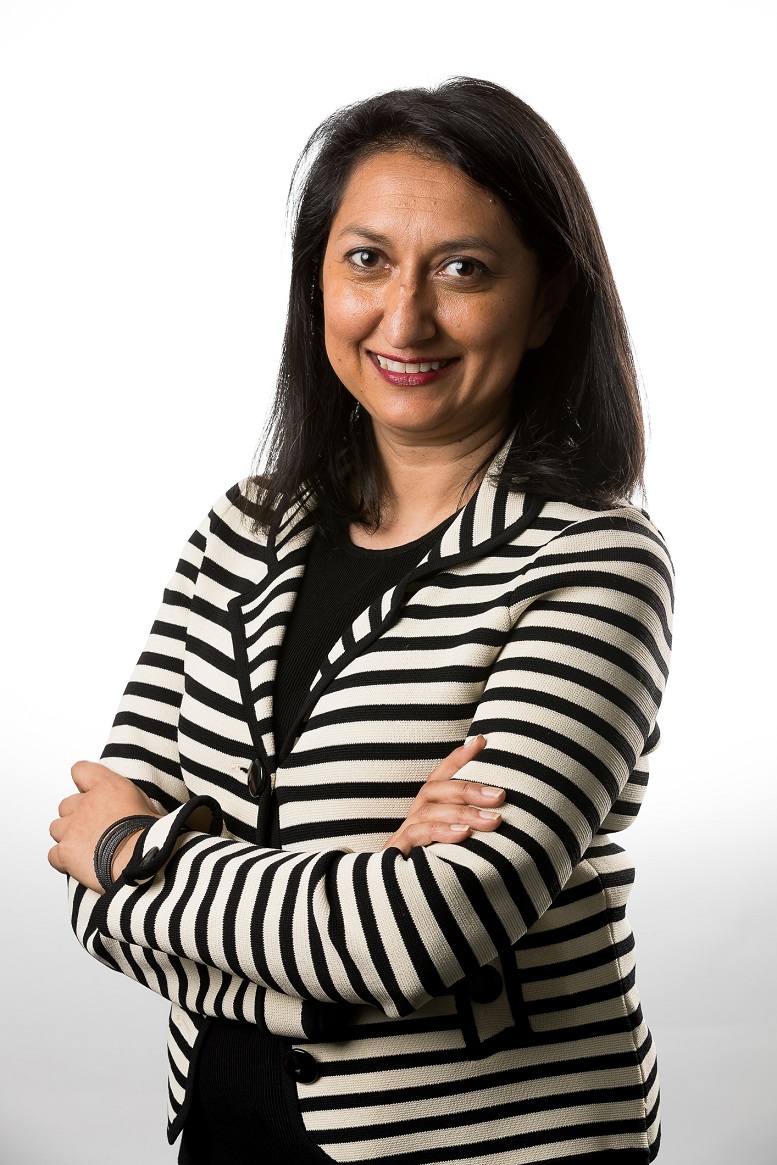
Image of Dr Manisha Amin
Media Access Australia is the nation’s only independent Not-For-Profit devoted to relieving disability through providing access to digital information, online services, information through technology and mainstream media. Making all of these elements accessible is essential for those with a hearing, sight or cognitive disability, as it allows for participation and inclusion in employment, education, and family life.
“Media Access Australia is such a unique organisation that has the ability to make a truly transformational difference for people with disability,” says Manisha Amin.
“The world is going through such change at the moment and change provides opportunities as well as challenges, and for people with disabilities this is even more pronounced,” she says. “However, if we think about the changes that are happening today, there are opportunities for people with disability to be an active part of the solutions that all of us are worried about.”
Manisha joined the charity as CEO in September 2016. She has a vision for the organisation that is centred around being involved in three key areas.
“We need to be there when people are designing and developing new products and services for Australians, to make sure that some community members are not isolated. We need to be there when products and services are made or technology is used to ensure we can remediate issues through technology. And we need to be there at the sharp-end to make sure that the environment that we all live in, and work in, is open and rewarding to people who actually do provide products, services and support that are inclusive to all of this.”
A lot of work has been done in recent years for people with vision impairment and blindness, including the Service Providers Accessibility Guide which contains useful vision-specific disability information and can be downloaded from the Media Access Australia website. MAA’s Specialist Adviser on Digital Accessibility, Dr Scott Hollier, who is legally blind, provided invaluable input into the creation of this guide and across many other communication pieces, yet there is still much more work to be done.
The needs of those with a cognitive disability are starting to be addressed in a wider sense. This process was greatly assisted with the release in mid-2016 of a practical booklet for organisational support, the Cognitive Disability Digital Accessibility Guide which Dr Hollier also put together, and this can also be downloaded from the MAA website.
In terms of deafness and hearing impairment, Manisha Amin believes that there is still a long way to go in spreading the word that being Deaf or hard of hearing is a mainstream issue and not on the fringes. “I think that for most Australians, it’s really surprising to find out that one in six people have some sort of hearing impairment,” she says.
“Given all the work that’s been done, it’s really critical that we raise the profile of this situation. “Not only of the challenges that are faced by people with hearing impairment but also how people with hearing impairment can really contribute and use their strengths to make a better society, especially where technology plays its part.”
Yet there are broader issues at play. Manisha Amin feels that sometimes people are so focused on the micro-issues that they forget the bigger problems that exist.
“If we think of disability as a whole and then look at the particular challenges that we face as human beings, we will be able to have far more success in enacting change than if we think about disability as linked to a single type of impairment,” she says.
“That doesn’t mean that individual impairments should be forgotten, it just means that they need to be considered in the context of the wider issue, and that is that far too many people are being disadvantaged by not being able to effectively access information online and via digital communication channels,” she says. “Fundamentally, we’re all in this together.”
Top of page

